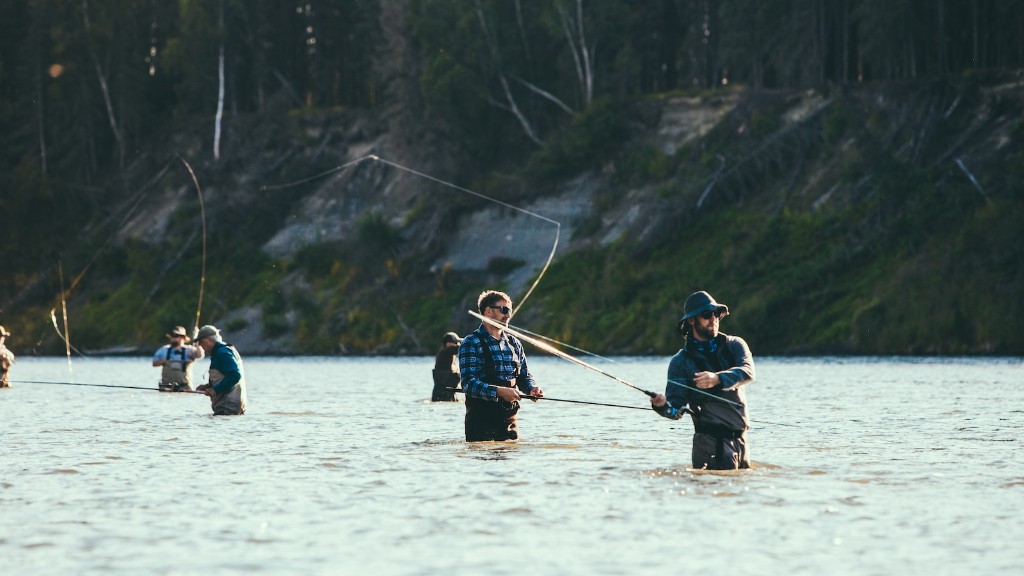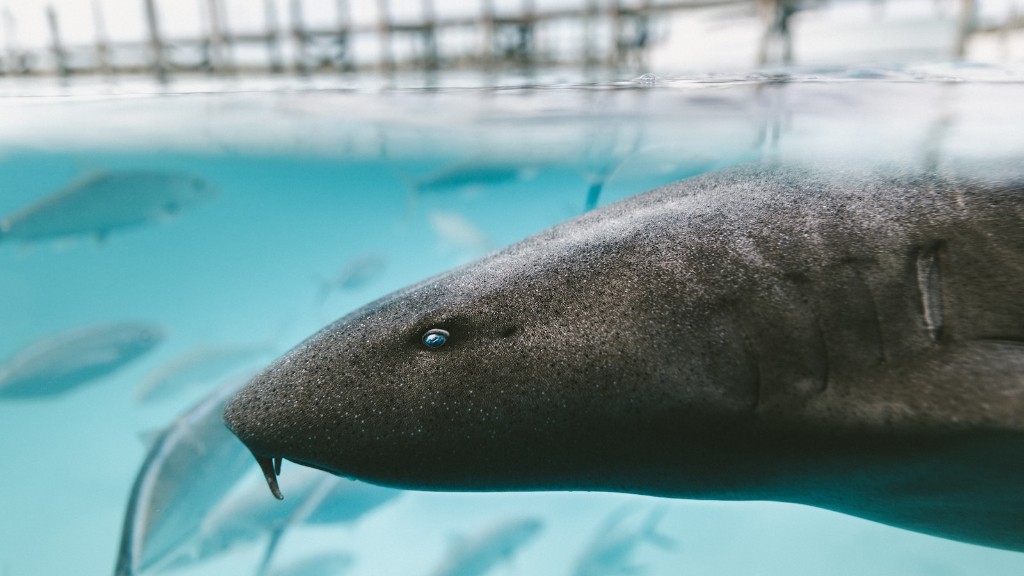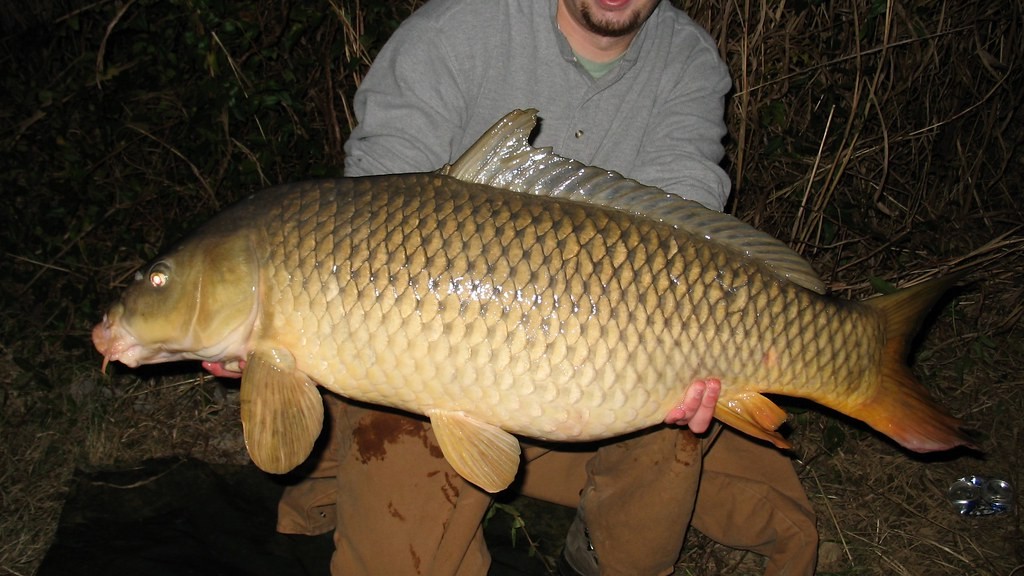The Chinook Salmon: Oregon’s State Fish
The Chinook salmon, scientifically known as Oncorhynchus tshawytscha, holds a prestigious position as the state fish of Oregon. This remarkable species captures the attention of scientists, conservationists, and anglers alike. Its historical, ecological, and economic significance, combined with its remarkable life cycle and adaptations, make the Chinook salmon a worthy representative of the state. In this article, we will explore the reasons behind the selection of the Chinook salmon as Oregon’s state fish.
Historical Significance
The Chinook salmon has deep roots in the history and culture of Oregon. Native American tribes recognized the importance of this species long before European settlers arrived. The salmon played a crucial role in tribal traditions, livelihoods, and food systems. It served as a symbol of abundance, resilience, and interconnectedness with nature. The recognition of the Chinook salmon as the state fish acknowledges and honors this historical significance, paying tribute to the ancestral ties between indigenous communities and the natural world.
Ecological Importance
The Chinook salmon plays a vital role in shaping the ecosystems of Oregon’s rivers and streams. As an anadromous fish species, it migrates from the ocean to freshwater for spawning. During this journey, the salmon brings essential nutrients from the marine environment to inland habitats. These nutrients nourish the surrounding vegetation, enriching the soil and promoting the growth of other organisms, including insects and microorganisms. The presence of Chinook salmon in Oregon’s waterways acts as a catalyst for a thriving and balanced ecosystem.
Life Cycle and Adaptations
The Chinook salmon exhibits remarkable adaptations to its unique life cycle. After hatching from eggs laid in gravel beds, the young salmon, called fry, spend their early years in freshwater streams. They gradually develop into parr, characterized by their spotted appearance. As they grow, they undergo physiological changes and transform into smolts, acquiring the ability to survive in saltwater. This enables them to embark on their arduous journey to the ocean, where they spend several years feeding and growing.
When the time comes to reproduce, adult Chinook salmon make an astonishing return to their birthplace. They navigate through complex river systems, overcoming obstacles and swimming against powerful currents, driven by an innate instinct to complete their life cycle. The physical strength, navigational skills, and determination displayed by the adult salmon during this journey are awe-inspiring.
Economic Value
The Chinook salmon also holds significant economic value in Oregon. Its presence attracts fishermen and outdoor enthusiasts from all over the world, boosting local economies and supporting tourism-related industries. Sport fishing for Chinook salmon provides recreational opportunities and generates revenue for fishing guides, tackle shops, and hospitality services. Additionally, commercial fishing for Chinook salmon contributes to Oregon’s economy, providing livelihoods for fishermen, processors, and distributors.
Conservation Efforts
The designation of the Chinook salmon as Oregon’s state fish emphasizes the importance of conserving and protecting this iconic species. Oregon’s government and various organizations have implemented numerous efforts to sustain healthy Chinook salmon populations. These conservation initiatives focus on restoring habitat, managing fishing practices, monitoring population trends, and raising public awareness about the importance of salmon conservation.
Efforts to restore and protect Chinook salmon populations extend beyond Oregon’s borders. Collaborative initiatives involving multiple states, tribes, and federal agencies aim to conserve and restore habitats along the entire West Coast, ensuring that future generations can witness the awe-inspiring migration of the Chinook salmon.
Conclusion
In conclusion, the Chinook salmon holds a special place in the hearts of Oregonians and beyond. Its historical, ecological, and economic significance, coupled with its remarkable life cycle and adaptations, justify its selection as Oregon’s state fish. By honoring the Chinook salmon, we pay homage to the state’s rich natural heritage and acknowledge the interconnectedness between humans and the environment. Protecting and conserving this remarkable species ensures that future generations will continue to marvel at the epic journey of the Chinook salmon.


